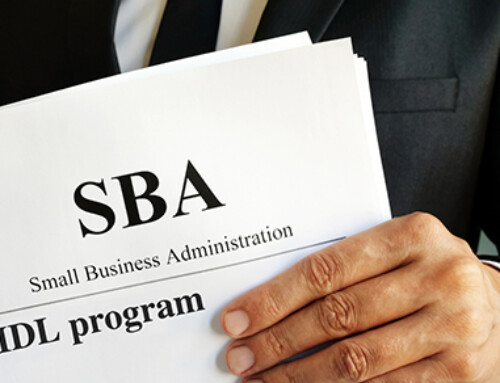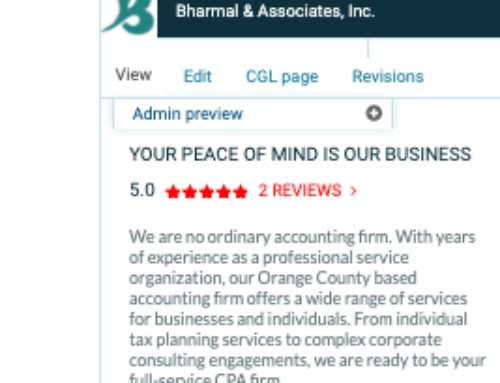Can You Employ Your Child For Your Business?
When you employ your children to work in your business, make sure that you comply with both the IRS and the Department of Labor.
Labor Law
Here’s what the Department of Labor has to say in its plain English explanation about a parent hiring his or her child:
The Fair Labor Standards Act provides for certain exemptions. Youth younger than 16 years of age working in nonagricultural employment in a business solely owned by their parents or by persons standing in place of their parents, may work any time of day and for any number of hours. However, parents are prohibited from employing their child in manufacturing or mining or in any of the occupations declared hazardous by the Secretary of Labor.
Tax Law
The tax law has no minimum age. The IRS approved the hiring of a seven-year-old in its acquiescence to the Eller case.
Mr. and Mrs. Eller owned and operated mobile home parks. They hired their three children, who were ages 7, 11, and 12 years old. In its acquiescence, the IRS noted the following:
- Compensation is deductible only if it is reasonable in amount, actually paid, and based on services actually rendered.
- The fact that payments are made to minor children by their parents does not preclude deducting the payments.
The acquiescence in this case means that the IRS accepts the holding of the court and that the IRS will follow the court’s decision in disposing of cases with the same controlling facts. It does not indicate approval or disapproval of the reasons assigned by the court for its conclusions. From a practice standpoint, acquiescence is a huge approval for deductions that follow the fact pattern.
Big-Deal Rule
You need proof that the amount you are paying your child is a reasonable amount for the services actually rendered. Therefore, make sure that you have your child complete a weekly time sheet that discloses the date, description of work performed, and number of hours worked.
Takeaways
It’s legal to hire your children to work in your office. And such office work likely avoids any hazardous activity that would violate the labor laws. Paying a reasonable amount for the work performed complies with the IRS rules.





